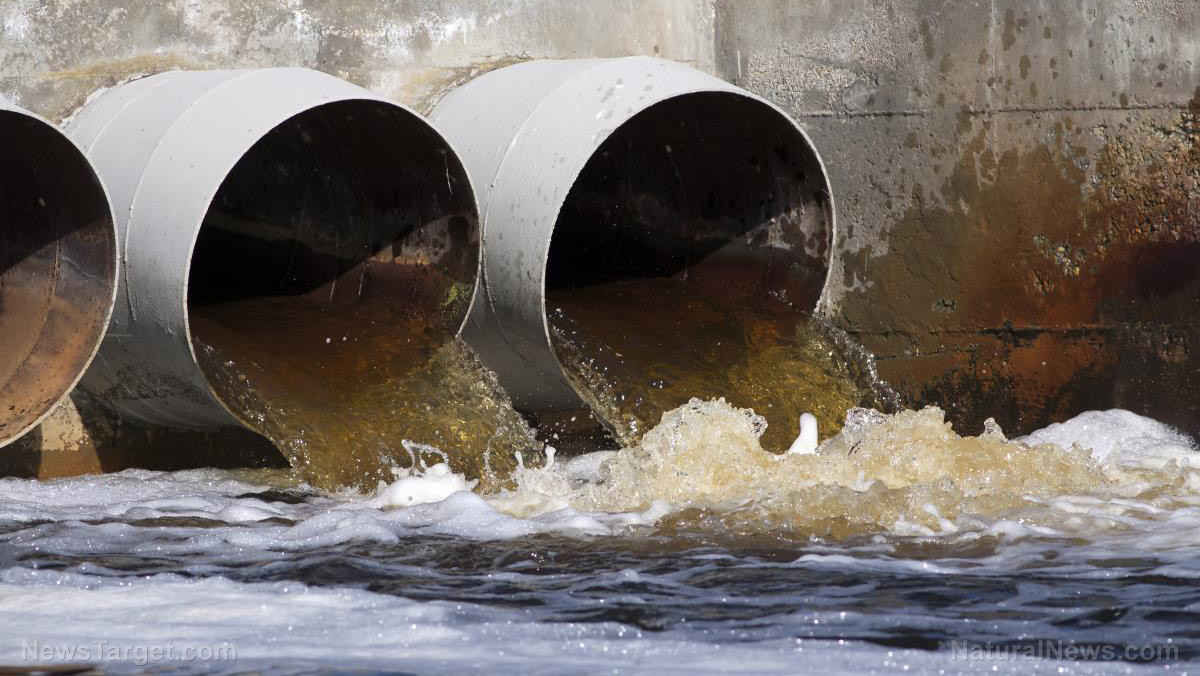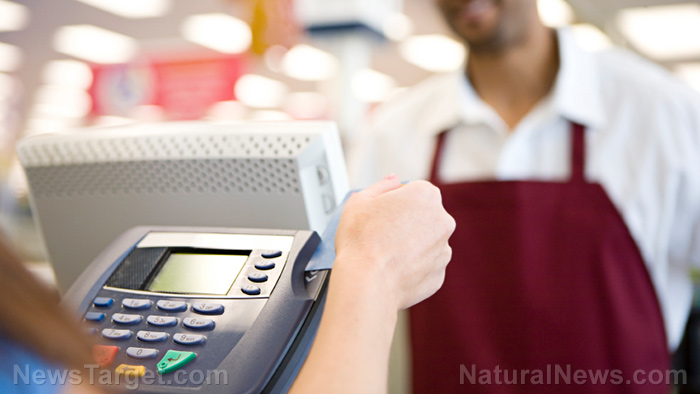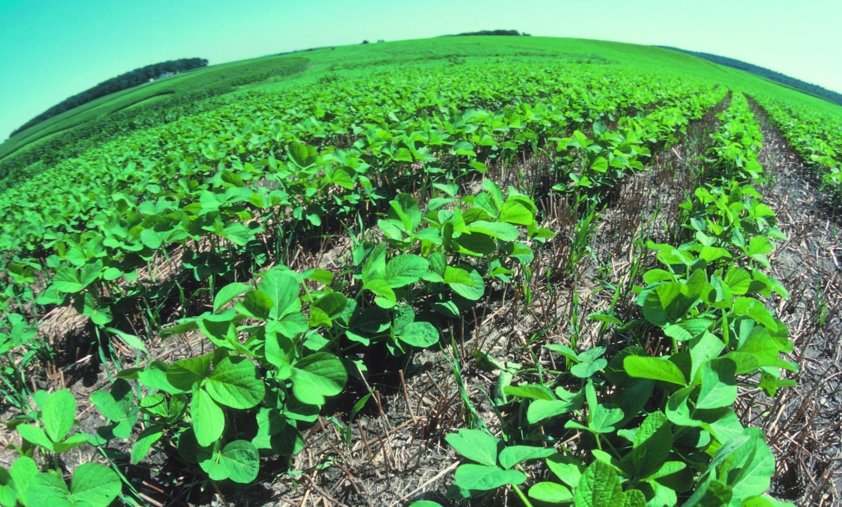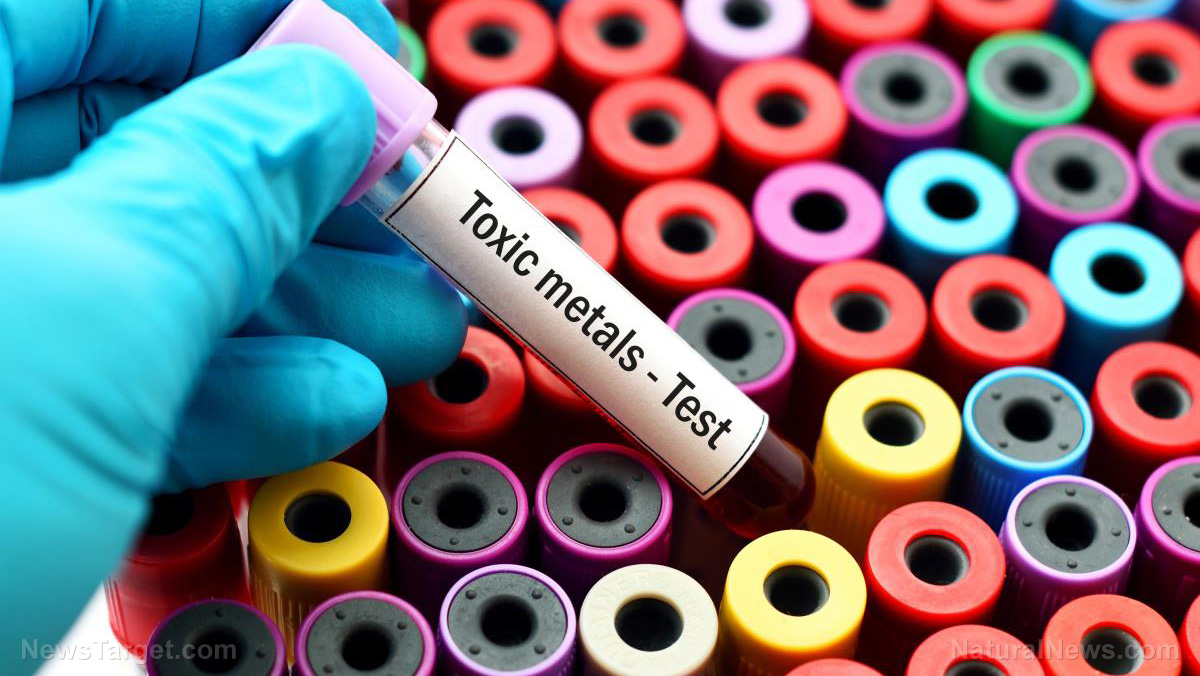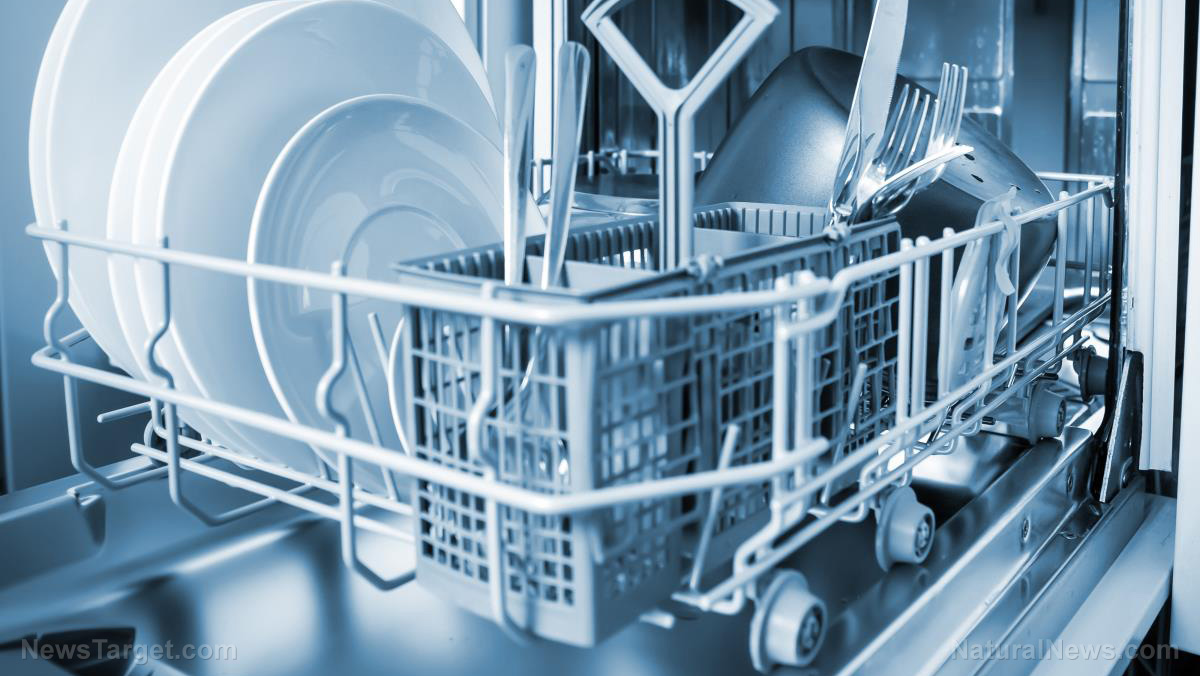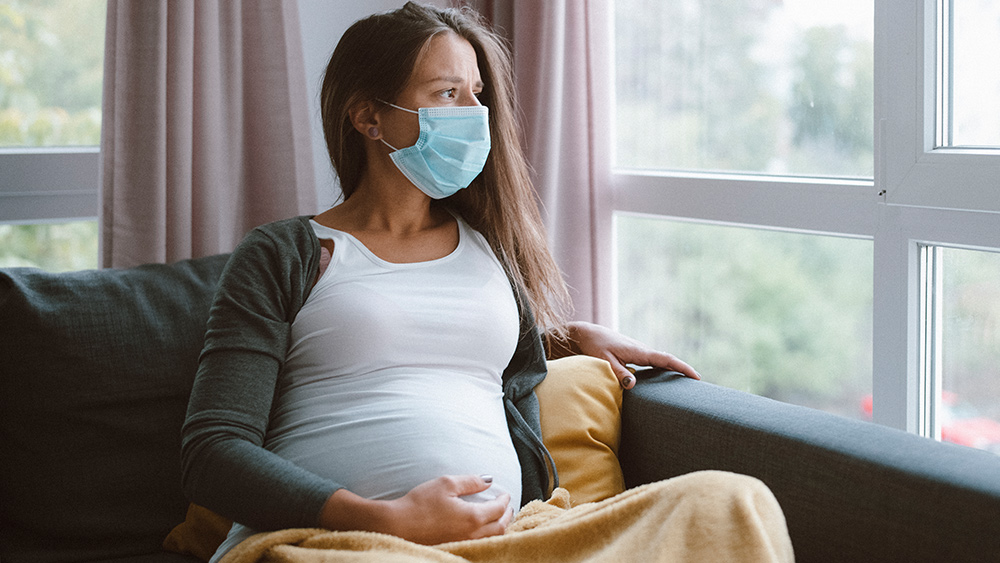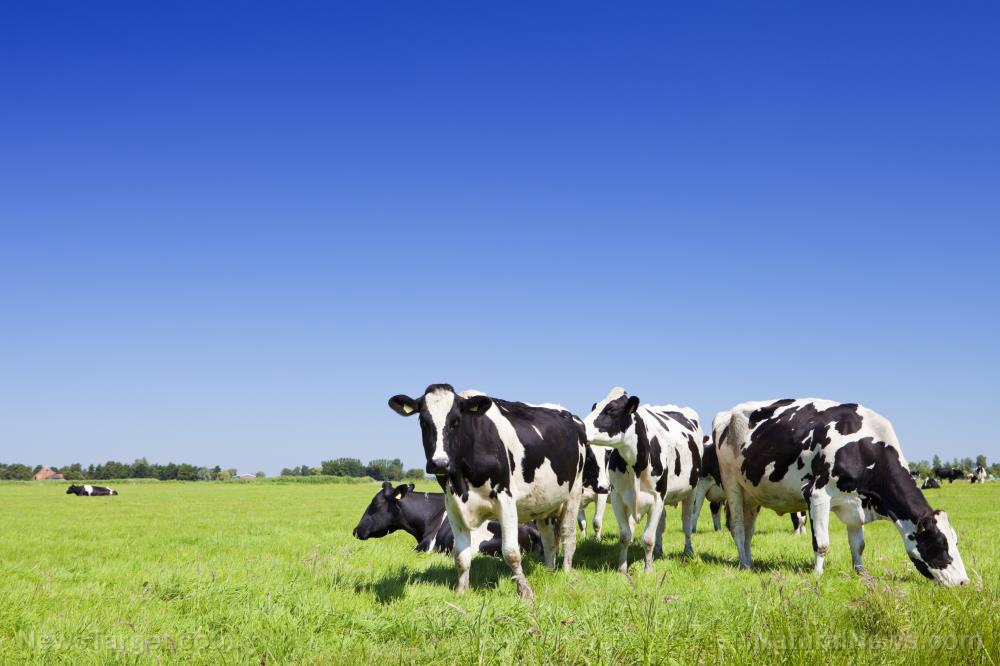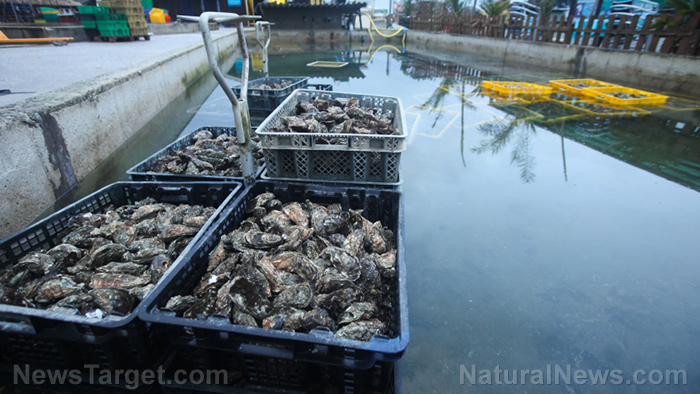Green and organized: Tips for recycling paper, plastic and other materials
11/29/2022 / By Zoey Sky
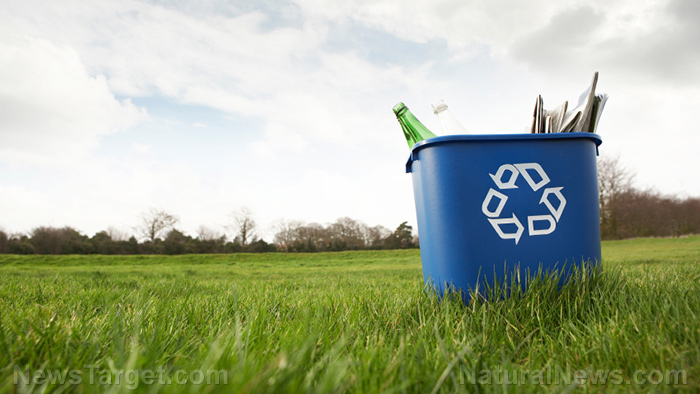
The U.S. recycling system is not perfect.
As of 2018, 292.4 million tons of municipal solid waste were generated in America in a single year. This amounts to 4.9 pounds per person per day.
About 69 million tons were recycled and 25 million tons were composted for a 32.1 percent recycling and composting rate. If you want to be part of the solution, learn how to recycle paper, plastic and other materials properly.
Not all plastic thrown in recycling bins gets recycled
According to the Environmental Protection Agency (EPA), only 10 percent of all plastic thrown in recycling bins within the last 40 years has actually been recycled.
However, some of this waste comes from the incorrect sorting of consumers. (Related: Wasted effort: Current recycling process does nothing good for the environment.)
Since there are no universal rules for recycling, the process can be very complex and variable. Even though recycling is not a foolproof solution for waste reduction, it can help keep waste out of landfills.
If you’re not sure what to do, check your regional recycling rules since the specifications for individual items vary widely.
Recycling tips for glass
Glass is very easy to recycle and most municipalities will accept common glass containers.
Glass beverage containers
Kombucha bottles and non-jar-sized glass beverage containers can be recycled. Note that the little plastic caps are too small to recycle and should be put in the trash.
Jars
When recycling jars, you can leave the paper or glue from the labels on.
If you don’t have a single-stream system and have to separate metals and glass, remove metal lids and place them in the correct bin.

Recycling tips for metal
Tin and aluminum cans from fruit, soup, vegetables, paint (fully cleaned) and pet food can be placed in the metals bin.
Aerosol cans
Clean, empty aerosol cans are recyclable. Remove the nozzle, which goes in the trash, and recycle the can with other metal items.
Aluminum takeout trays/baking dishes
If a facility accepts aluminum foil, they will also accept takeout trays. Just make sure you clean them first before recycling them.
Metal caps
Beer and soda bottle caps are made of metal and you can place them in your bin for metals.
If your recycling center requires metals to be separated by type, sort out steel and aluminum caps. Check with a magnet: Steel caps will stick to a magnet but aluminum won’t.
You can also bring metal bottle caps to companies that take scrap.
Recycling tips for paper
Paper recycling bins are used for paper and corrugated cardboard. Note that certain cities require cardboard to be broken down to specific dimensions and bound with twine.
These items are usually accepted in curbside recycling.
Books
If the books are still in decent condition, donate them to a local library or thrift store. Books can also be recycled as paper.
Hardcovers can’t be put in bins unless all of the pages are removed.
Phonebooks and whole paperbacks can be recycled by many centers, but check with your municipality to see if there are book bans.
Cardboard egg cartons
Egg cartons are easily recycled if they are made of 100 percent paper or cardboard. If you have plastic egg cartons, check the number on the bottom to see if it should go in with the plastic waste.
Recycling tips for plastics
The plastic bin stores different kinds of rigid plastic containers, but you should always check the recycling code.
All plastic recyclables will be stamped with a little triangle emblem and a number 1, 2, 3, 4, 5, 6 or 7. This indicates the type of plastic it’s made from and how difficult it is to recycle.
Plastic waste with a “1” is the easiest and “7” is the hardest to recycle. For example, #1 is the code for PET (polyethylene terephthalate) products like water bottles.
Clamshell containers
Clamshell containers used for takeout salad and sandwiches are made of highly-recyclable #1 plastic.
However, the containers are made with a process that is different from the one used to make #1 plastic bottles so some centers won’t accept them.
Milk, juice and soup cartons
Unlike some mixed-material products, milk, juice and soup cartons are accepted as recyclables in 62 percent of American communities.
There are two types of recyclable cartons: Gable tops, which are usually found in the refrigerated section, and aseptic, which are shelf-stable containers of soup, stock or other liquids.
Chicago utilizes a single-stream recycling system and accepts these cartons. New York City accepts cartons in the plastic, metal and glass bin.
When in doubt, look up recycling rules for your region, especially if you live in an area that doesn’t accept all types of recycling or is serviced by a smaller recycling center.
To reduce the waste you produce at home, reduce, reuse and recycle properly.
Watch the video below for tips on how to reuse soda cans.
This video is from the Recycled Craft channel on Brighteon.com.
More related stories:
Australia to phase out single-use plastics by 2025.
20 Clever ways to repurpose old clothes and towels.
Sources include:
Submit a correction >>
Tagged Under:
This article may contain statements that reflect the opinion of the author

